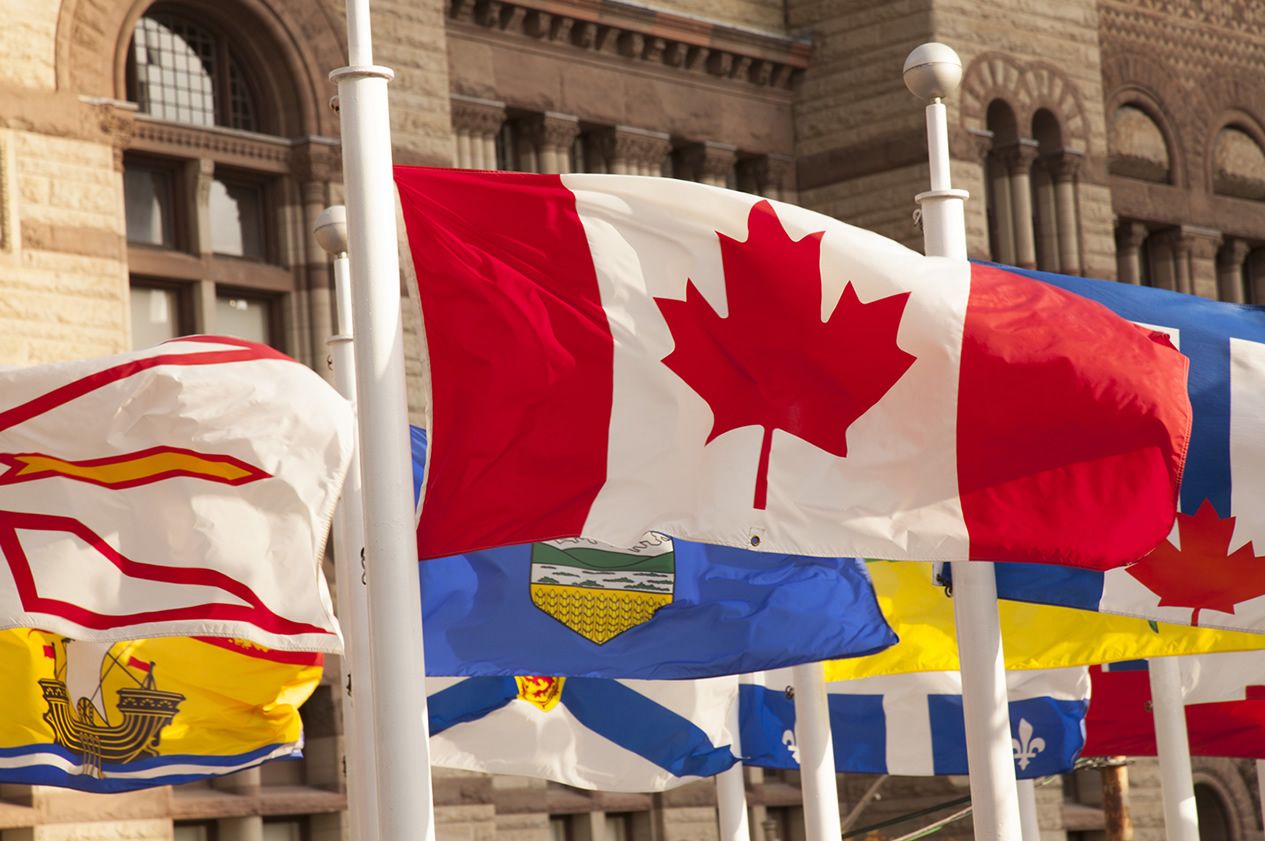
Image © Adobe Stock
A firming Canadian Dollar proves tariff fears are losing their grip on global foreign exchange markets.
The Canadian Dollar has advanced against the Pound and U.S. Dollar for a second day despite news Canadian aluminium exports to the U.S. would be hit with a 25% import tariff.
The price action could suggest the Canadian Dollar is managing to climb a wall of worry over tariffs, or it could suggest that the wall of worry is a lot smaller and softer than first thought.
Increasingly, investors and analysts are taking the second view.
"The law of diminishing returns seems to be in play as tariff-related headlines seem less provocative for the FX market," says Daragh Maher, a currency strategist at HSBC.
The USD/CAD exchange rate spiked to 1.4380 in early Monday trade when the new universal tariff on steel and aluminium was announced, but by Tuesday the Canadian Dollar had recovered to 1.4329. The GBP/CAD exchange rate spiked to 1.7816 but has since fallen to 1.7688.
"A continued difference between what Donald Trump says he will do, and what he actually does, could sap upward momentum later in the week and open some breathing room for trade-sensitive currencies like the euro, Canadian dollar, and Mexican peso," says Karl Schamotta, Chief Market Strategist at Corpay.
Analysis from Capital Economics shows that the newly announced 25% tariffs on all steel and aluminium imports entering the U.S. will have a limited impact on the Canadian economy, given that exports of these products account for just 1% of GDP.
"With President Trump also beginning to change his tune on a 10% universal tariff, we doubt Canadian policymakers will do much in the way of retaliatory measures at this time," Bradley Saunders, North America Economist at Capital Economics.
Markets are also starting to price in a more benign tariff outlook, judging that the worst-case scenarios anticipated at the time of Trump's win in November won't come to pass.
Trump has repeatedly shown that he is open to negotiation and has given his negotiators an exit route.
On Tuesday, it was confirmed that Australia would not be subject to the import tariff on steel and aluminium, confirming that it is not, in fact, a universal tariff.
Following a phone call between Trump and his Australian counterpart Anthony Albanese, Trump noted Australia was one of the few countries with which the United States ran a trade surplus.
"We have a surplus with Australia. One of the few. And the reason is they buy a lot of airplanes. They're rather far away and they need lots of airplanes," Trump said.
"I told him that that's something that we'll give great consideration to," the Republican president told reporters in the Oval Office, adding that Albanese was a "very fine man".
The message for global FX is the worst-case tariff scenarios envisaged at the time of Trump's win won't materialise.
"The market is clearly becoming desensitised to the threat of tariffs as the credibility of the threats is mixed," says Brent Donnelly, "Yes, the tariffs on China are real, but for every utterance there is only X
probability of it being true and it’s close to impossible to assess the value of X for each individual threat."
The Canadian Dollar can recover further if the tariff risk premium continues to abate.
